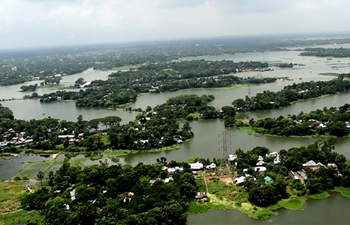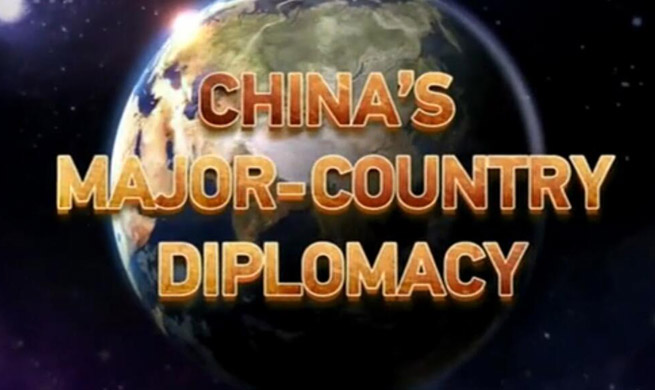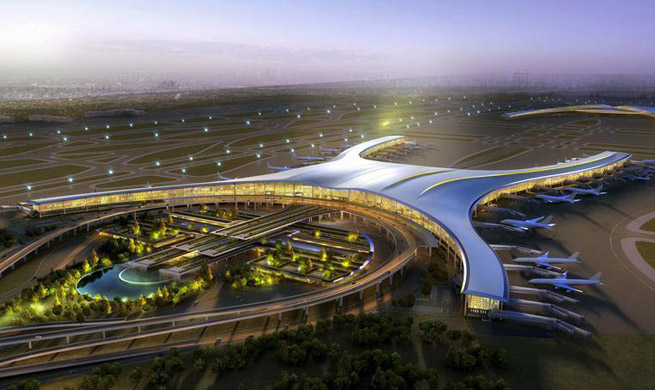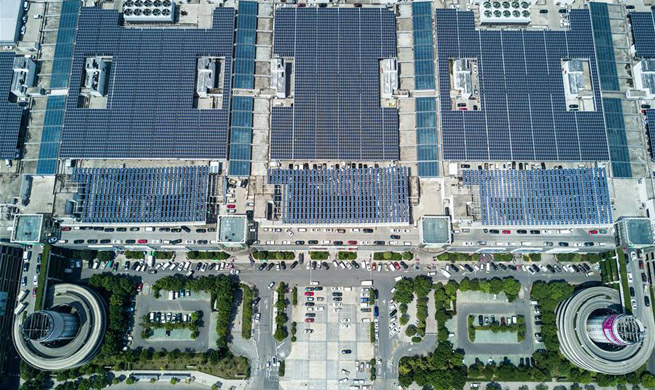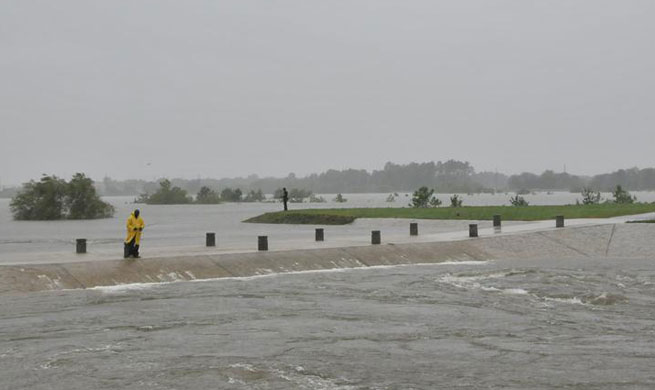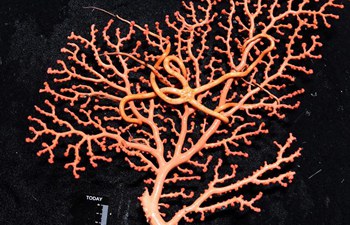KAMPALA, Aug. 29 (Xinhua) -- African defense ministers meeting in the Ugandan capital Kampala on Tuesday agreed to set up a rapid response force that will be deployed anywhere on the continent where violence erupts.
The ministers agreed to meet in October to develop operations budget and cell activities, second officers to the African Union (AU) early warning systems and pledged capabilities.
The ministers were meeting under the African Capacity for Immediate Response to Crisis (ACIRC) Volunteer Nations, an interim multinational initiative set up in November 2013 for military interventions as and when the need arises on the continent.
The ministers and government representatives from Algeria, Angola, Burkina Faso, Chad, Egypt, Rwanda, Senegal, Tanzania, South Africa, Niger, Sudan and Uganda decided that at the next meeting they will forward their recommendations to the heads of state for approval.
The force will act in the interim before the permanent African Standby Force (ASF) comes in place by 2018.
Smail Chergui, AU Commissioner for Peace and Security, urged the member countries to contribute to the peace fund to ensure the effectiveness of the ACIRC.
"Key issues include strengthening voluntarism spirit, preparing your forces and resources for the deployment," said Chergui.
"This will ensure that we demonstrate in concrete terms to our colleagues and to the international community of our commitment to sustainable peace through our own resources," he said.
AU has had challenges funding its peacekeeping missions, forcing it to depend on external funders like the European Union which supported the AU peacekeeping mission in Somalia.
Chergui said the coming into place of the rapid response force before the ASF would send a political message that the continent is committed to finding internal solutions to problems.
Chergui said it will also show that Africa is ready to defend its security interests without depending on external support.
"The withdrawal of Western countries from African conflict management after the disasters encountered in Somalia in 1993 and Rwanda in 1994, strengthens the ACIRC initiative."
The deployment of the force would be a responsibility of the AU Peace and Security Council in consultations with volunteering countries.
Africa faces a series of security challenges ranging from internal conflicts, violent extremism, and natural calamities like drought and floods.
The on-going conflicts in South Sudan, Somalia, Burundi and the Democratic Republic of the Congo pose a challenge as hundreds of civilians continue to be killed and thousands flee for safety.
"We are all aware of the continued insecurity and conflict that continues to plague our continent, but our resolve as a region to forge peace remains total," Ruhakana Rugunda, Uganda's Prime Minister, told the one-day meeting.
"Cumulatively, these efforts will create a more conducive environment for the advancement of our people and the fulfillment of their long cherished dream of well-being," he added.
According to experts, at least 30 million U.S. dollars are required from member states to be able to deploy one battle group and force headquarters for the financial year 2017/18.
Each voluntary nation is required to contribute 12,000 dollars annually for ACIRC operations and administrative matters.
"ACIRC is premised on voluntarism that people can work together to stem out trouble when it happens. It depends on those willing to volunteer to help," Gen. David Muhoozi, Uganda's Chief of Defense Forces, told Xinhua in an interview.







